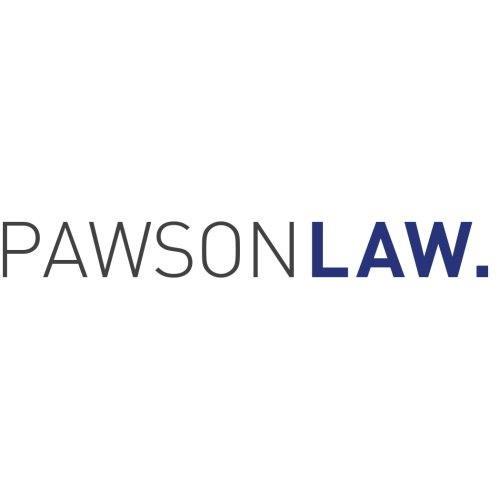Best Sex Crime Lawyers in Tauranga
Share your needs with us, get contacted by law firms.
Free. Takes 2 min.
List of the best lawyers in Tauranga, New Zealand
About Sex Crime Law in Tauranga, New Zealand
In Tauranga, New Zealand, sex crimes encompass broad categories of offences related to sexual acts conducted without consent, abuse of power, or against certain protected individuals such as minors. These offences can include rape, sexual violation, indecent assault, or incest, amongst others. When such cases go before New Zealand courts, they are treated with the utmost seriousness, attracting heavy penalties upon conviction and highly stigmatised repercussions.
Why You May Need a Lawyer
Sex crimes involve particularly complex aspects of the law, often requiring detailed examination of evidence and understanding of critical legal concepts such as consent and knowledge. If you are a victim of a sex crime, you may require legal assistance to navigate the justice system, ensure your rights are protected and that justice is served. If you've been accused, it’s essential to have a lawyer for a proper defence. Their expertise is crucial for understanding all the charges, potential defences, and consequences you may face.
Local Laws Overview
Key aspects of the laws relevant to sex crimes in Tauranga are primarily contained in the New Zealand Crimes Act 1961. This Act details offences such as sexual violation, indecent assault, exploitation of persons under 16, sexual conduct with consent induced by certain threats, amongst many others. In addition, the Evidence Act 2006 regulates how evidence is provided in court, with special provisions regarding vulnerable victims of sex crimes.
Frequently Asked Questions
What is classified as a sex crime in New Zealand?
Sex crimes in New Zealand include a variety of offences categorised as sexual in nature. They range from sexual violation, indecent act, and sexual grooming to exploitation of individuals deemed incapable of providing consent, like those under 16 years of age.
What does the term "sexual violation" encompass?
In New Zealand law, "sexual violation" refers to either rape or unlawful sexual connection with another person without their consent.
What are the penalties for committing a sex crime?
The penalties for sex crimes in New Zealand are severe, varying as per the nature of the offence. In extreme cases of sexual violation, the offender can face up to 20 years in prison.
What does "consent" mean in sex crime cases?
In sex crime cases, "consent" means freely given agreement to sexual activity. It's important to know that someone who does not physically resist or object does not necessarily give consent.
How is privacy protected in sex crime cases?
In sex crime cases, identity of the victim is usually protected, unless the court orders otherwise. These cases are also often held in private, to protect victims from undue stress and public exposure.
Additional Resources
The Ministry of Justice, New Zealand Police, and Victim Support provide resources and assistance for victims of sex crimes. Plenty of non-governmental organizations also offer psychological support, medical assistance, and legal advice to victims.
Next Steps
If you believe that you need legal assistance, your first step should be to contact a specialised lawyer immediately. If you are a victim, reach out to an advocate or a support organisation who can help you navigate the process. Make sure that you understand and protect your rights, while ensuring that evidence is handled appropriately and in a timely manner.
Lawzana helps you find the best lawyers and law firms in Tauranga through a curated and pre-screened list of qualified legal professionals. Our platform offers rankings and detailed profiles of attorneys and law firms, allowing you to compare based on practice areas, including Sex Crime, experience, and client feedback.
Each profile includes a description of the firm's areas of practice, client reviews, team members and partners, year of establishment, spoken languages, office locations, contact information, social media presence, and any published articles or resources. Most firms on our platform speak English and are experienced in both local and international legal matters.
Get a quote from top-rated law firms in Tauranga, New Zealand — quickly, securely, and without unnecessary hassle.
Disclaimer:
The information provided on this page is for general informational purposes only and does not constitute legal advice. While we strive to ensure the accuracy and relevance of the content, legal information may change over time, and interpretations of the law can vary. You should always consult with a qualified legal professional for advice specific to your situation.
We disclaim all liability for actions taken or not taken based on the content of this page. If you believe any information is incorrect or outdated, please contact us, and we will review and update it where appropriate.











